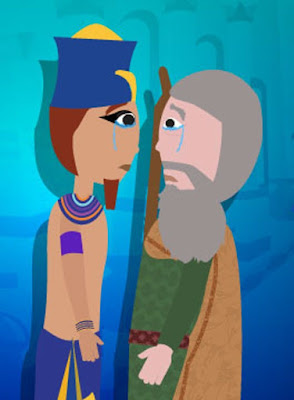The Theological Purposes of Genesis
The theological purposes of Genesis, chapters 1-11 are seen
from two main perspectives.
You begin with God in His place as creator. This is the all-important
fact that will guide our understanding through the remainder of the book of Genesis.
We see God as creator in Genesis 1:1, “In the beginning God created” and this
theme will follow us through the remainder of the Old Testament all the way to
the Revelation of Jesus to the apostle John. In his gospel John picks up this
same baton, pointing out to us that it was Christ that was in the beginning and
involved in creation. In Revelation 1:8, Jesus speaking again makes clear that
He was in the beginning and the end, the Almighty God.
This knowledge given to us must guide our understanding
throughout the rest of scripture. We are created by God, and as such are responsible
to obey His commands. Which brings us closer home.
The second perspective is that of rebellion and redemption. The realization that we are merely created beings seems to drive man crazy, and his desire is to change this shift. Man wants to see himself as the authority.
Hamilton does a great job giving us clarity to this when he explains the reason
that the knowledge of good and evil was enticing to Eve. In his book One might
then suggest that “the knowledge of good and evil” is moral autonomy. In
deciding for themselves what is good and proper and what is not, the couple are
making themselves the final moral authority for their lives (in a diabolical
way becoming their own god) and “stepping out of the position of creaturely
dependence and trust in the creator” (Hamilton, 31)
The beauty in this rebellion, is the redemption had already been the plan in place to rescue man from his inevitable rebellion.
Adam and Eve rebelled but they found grace in God clothing them and giving them the promise of the gospel (Genesis 3:15; 21). The earth again rebelled, but grace was extended to Noah (Genesis 6:8). The hope for of the gospel extends to us today!
The gospel extends to us the ability to not only be a redeemed creation, but a restored creation.
Through Christ we are as intended to be “more than
simply representative, human beings are representational of the invisible God.” (Hamilton,
28) We have the promise of being conformed in to the imagine of Christ, through
the work of the Spirit. (Romans 8:29)
This is how these chapters relate to the rest of scripture
as this redemptive story is played out again and again. That God has created
man in his image and sent His Son to take on this image of created man, so that
they could be conformed again into the image of His Son.





Comments
Post a Comment